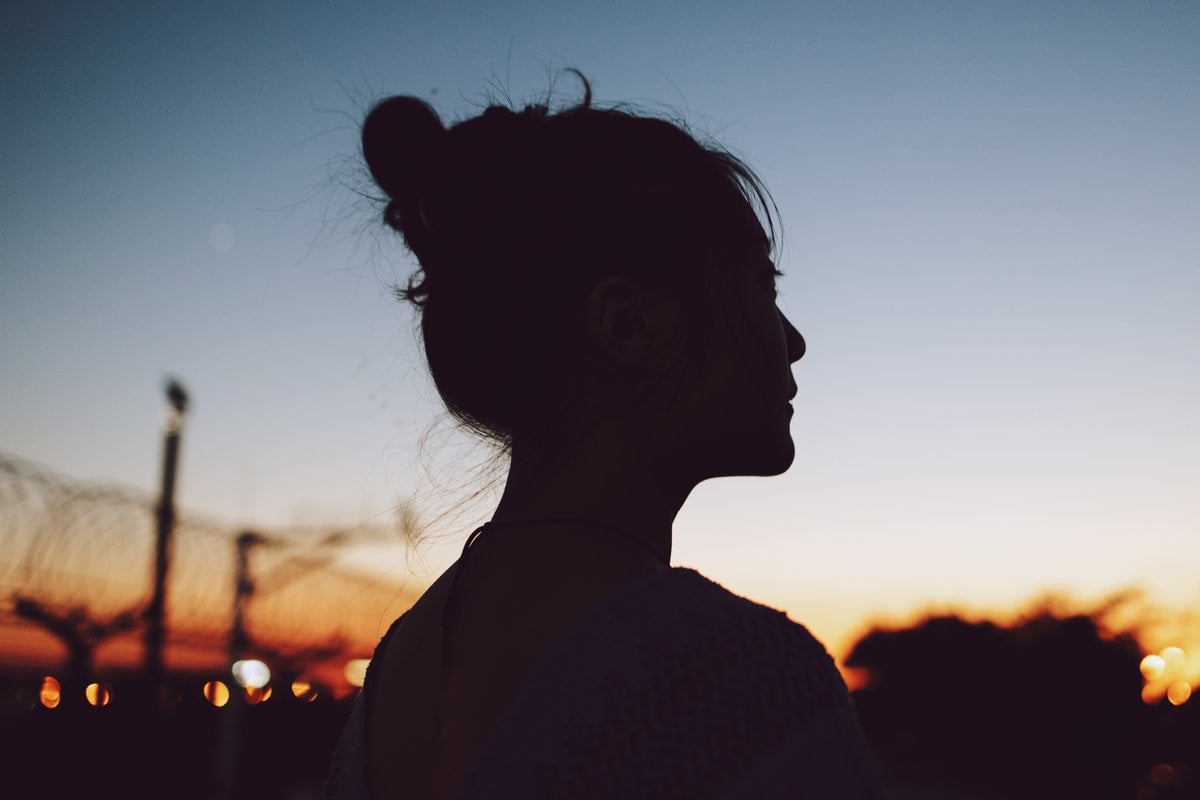
Content warning: This article includes descriptions of disordered eating and may be triggering for some readers.
I was never overly conscious about what I ate as a child. Growing up, I was a competitive dancer and my relationship with food was one of intuition and free will.
I remember waking up late one Sunday, marching downstairs and pulling the buttermilk pancake mix I’d been craving off the cupboard shelf. I had ‘perfected’ the recipe - I threw a thick slab of butter into the saucepan and watched it bubble, before pouring the pre-made mix into three perfect circles. I’d serve them on a single plate, each covered in Nutella and maple syrup.
Perfect.
As I began to devour them, my family were greeting a guest who had stopped by. I mumbled a quick, "hello!" between mouthfuls.
"Are you eating that for breakfast at 1pm?" they responded.
I laughed; they exchanged shocked looks before exiting. I glanced back down at my half-eaten plate with a new feeling: guilt.
I doubt their comment intended to provoke such a cynical reaction from a 10-year-old, but it did.
Over the following years, I became more aware of how food affected my life. I became less active and was told to eat 'healthier'.
More protein, no carbohydrates. No more milky coffees or any other flavoured beverages. Meal plans and eight-week “diet-detox challenges” ruled everything that entered my mouth.
Those Sunday pancakes were replaced with Greek yoghurt and berries (no honey - too much sugar) and black coffee (pure caffeine only).
And I followed the rules. God forbid I enjoy myself and have that jumbo cookie I had been eyeing off at Coles... No, I needed to be 'good'. Which meant I needed to lose weight.
